Fatima Al Samha Through The Eyes of Illustrator Badri Ibrahim
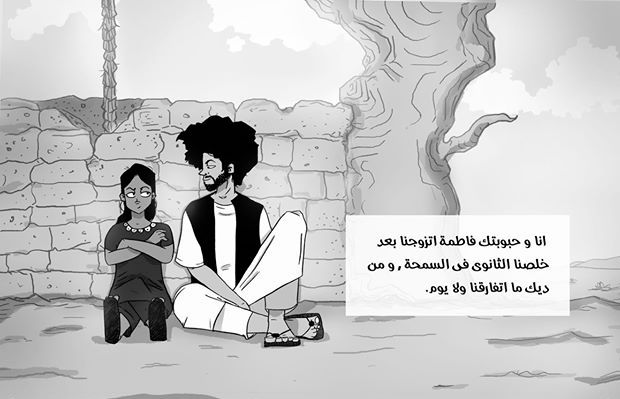
The late American writer Tom Spurgeon once said, ‘We read comics as a window to other comics, comics we may never see, comics that may or may not be out there. We read all the comics we’ve ever read and all the comics we’ve yet to read’.
For what has seemed like decades, art in Sudan has become an important pillar of communication in Sudanese society. If you find yourself walking on a street in Khartoum or simply scrolling through your social media feeds, you would find that art has shaped most of the unspoken conversations between the members of Sudanese society.
Sharing a fresh take on art on social media is 36-year-old Sudanese artist Badri Ibrahim, who has successfully been adding a Sudanese touch to the art of comics since 2017 and created a digital wonder called Abbas Comics.


Ibrahim was born and raised in the city of Omdurman. He graduated high school and pursued an education in IT and E-commerce at Sikkim Manipal University in Gangtok, India. After that, he proceeded to complete his masters in Multimedia and Traditional Animation at The Future University in Khartoum. Currently, Ibrahim gives lectures on digital storytelling for psychology and early childhood education students at Ahfad University for Women in Omdurman.
Ibrahim began to take interest in art in his early childhood days, and his first inspiration was the 1980s anime Kabamaru. Following that, he began drawing cartoons. As a young boy, he would always jump at the opportunity to share his work. He used to make posters that would be hung in school, and share his comics with his friends. He also created a magazine in the form of a wall bulletin along with his cousins, where they would share comics, short stories and the daily shamarat or gossip.
Now, Ibrahim uses the influence of popular approaches to animation to create his comics. He describes his work as a mixture between Disney and manga. ‘I think of my comics as a Sudanese version of Naruto,’ he said.
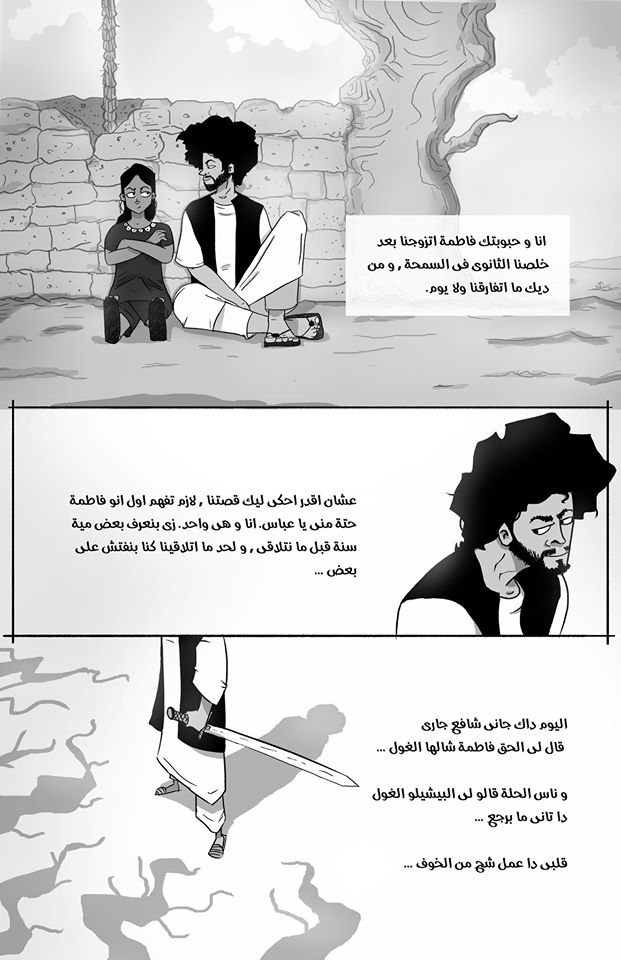
The traditional Sudanese folklore tale, Fatima Al Samha or The Beautiful Fatima, was Ibrahim’s biggest drive to start creating Abbas. He wanted to carry the tale of Fatima Al Samha from the older generations to the younger ones using his own interpretation on it to create a full comic. When he first started, he believed he was not quite where he wanted to be with his drawing and story-telling skills, so he created Abbas as a way to develop these skills, as well as slowly introduce the story of Fatima.
Ibrahim began working on Abbas and used it as a guide to explore the story of Fatima and go into depth about its characters. He developed the characters in Abbas, and portrayed Fatima as a grandmother. This way, he linked the Abbas story with Fatima in a backwards manner, showing us her life now, then telling the readers how she got to where she is.
With over 14,000 likes on Facebook @AbbasComics, and over 11,000 followers on Twitter @AbbasComics, Ibrahim has managed to reach a great audience with his work. This has given him opportunities to work with many other artists like himself. ‘I collaborated with a number of Sudanese digital artists since Abbas started, and I am happy that it became sort of a tradition to feature Sudanese artists on Abbas,’ he said. In addition, Ibrahim’s work has been published in the book Sudan Retold, as well as In The City magazine. Throughout the years, he did some freelance graphic design and illustration, but mainly focused on Abbas and the story of Fatima.
When asked about the art of comics in Sudan, Ibrahim thinks that it is not quite where it should be, and might not evolve any time soon. He believes that most of the comics that are currently being published online do not portray any aspects of the Sudanese culture. Despite that, he still values the work of many Sudanese artists such as Alaa Musa and Yousef El Amin.
Ibrahim often finds himself struggling to balance his work life and his comics. Despite that, he aims to continue publishing his work while maintaining what he describes as a minimalist lifestyle. When asked how he will keep doing that, he quoted the American illustrator Jake Parker and said, ‘Finished, not perfect’. He explained that if he constantly strived to make his work flawless, he would never get to where he wanted. Therefore, he always aimed to finish his work, rather than perfect it, being sure that his supporters, from his family to his readers, will always appreciate it.

Samar Bengawi can be summed up in one word: workaholic. Born and raised in the UAE, and now based in Sudan. A medical student with a strong passion for words and music. You’ll always find her between the pages of a book, or near a cup of tea. She considers herself a patriotic and aspiring activist whose only hope is to leave a memorable mark in the world.

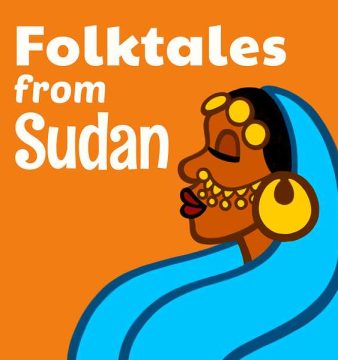
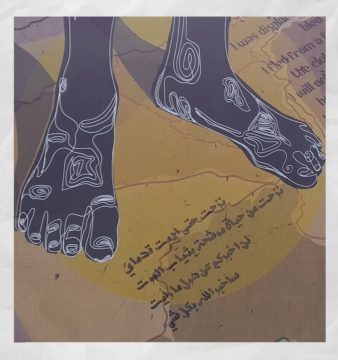
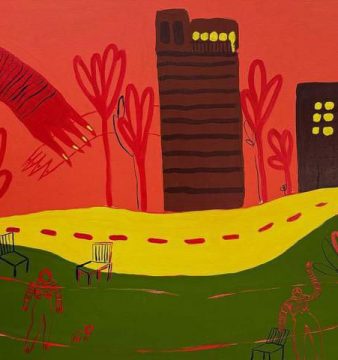

Appreciate your effort